You might have already heard about proxies and proxy servers in case you are actively using the Internet. But if you lack some knowledge about it and ask yourself frequently “what is a proxy?” and “how does a proxy server work?”, this article will help you catch up with this web technology and reveal all the benefits of using proxy servers.
What are Proxies?
What is a proxy exactly? A web proxy is some kind of intermediate between a web user and an online resource. But how do proxies work? When visiting a website directly, you send a web request containing information about yourself (the server or PC that you are using, your location, browser fingerprints, IP address, etc.). As a response to this data sent, the web resource provides you with the content you requested.
Unlike a direct connection between users and websites, a proxy-based connection provides a gateway for your web request and the data you will receive back from the website. Proxies can hide or modify your web request data as well as filter the website content preventing you from getting unwanted information. This also ensures anonymous web browsing and data collection from your end.
Usually, proxies are divided into two types: shared and dedicated proxies.
Shared Proxy
A shared proxy is a public proxy that can be easily accessed by anyone. As a rule, you can get shared proxies for free without any restrictions on the number of users they serve. Such servers often get overloaded by hundreds of web users, slowing down the Internet connection and often resulting in huge lags and even crashes. By using shared proxies you will have to wait minutes for a web page to load making it virtually impossible for you to surf the web. Moreover, browsing the Internet via these open proxies is pretty much risky since they can be used by providers as a way to collect and steal your personal information.
There are also semi-dedicated proxies that have a limited number of users. They suit small groups of people like companies or schools in order for them to create a shared network connection. The advantage of this type of proxy is that you significantly reduce the lags while surfing the web but does not eliminate the “sluggishness” completely.
Dedicated Proxy
A dedicated proxy allows you to use a proxy privately and means you are the only person that uses it. This empowers you to browse completely anonymously and securely with high page load speed.
What is a Proxy Server?
Now you are probably wondering “what is a proxy server” then? A proxy server or proxy is a server that works as an intermediate connection point between you and the web page you visit. Proxy servers are allowed to process your web request and the website data making your web browsing secure and private. To get a clear definition of a proxy server, below you will find a detailed explanation of how proxy servers work.
How do Proxy Servers Work?
Each time you’re visiting a website by hitting a link or typing the web address manually in your browser, you create and submit a web request that’s forwarded to a proxy server. Then the proxy server modifies and encrypts your data such as your IP (Internet Protocol) address and sends it to the web resource. After that, the website sends its data back to the proxy server that processes it before transferring the web page information to you. This way it works as a firewall or a web filter for you to get only the information you want to receive. Now that you have a glimpse of what’s behind the question “how does a proxy server work?”, let’s take a closer look at which types of proxy servers exist.
Depending on the network setup and configuration involving a proxy, there can be three distinct types of proxy servers out there:
Forward Proxy Server
Forward Proxy Servers are commonly used by internal networks. How does a web proxy work when it comes to Forward Proxy Servers? Once one of the clients sends a request to get connected to a particular website, it first has to pass through a Forward Proxy Server that decides whether or not the client is allowed to approach this resource. If yes, the connection request goes to the external server that doesn’t see the client’s IP address but sees only the connection request sent from the Forward Proxy Server.
A Forward Proxy Server provides full administrative control over the local network connections. It acts as a shield or a firewall that lets the Administrators restrict access to unwanted web resources by the internal network clients. For example, you can see this kind of proxy servers in schools and universities.
Reverse Proxy Server
Unlike a Forward Proxy Server, the Reverse Proxy Server works on the side of a website (or web service) hiding the IP addresses within the internal network from the external users. The Reverse Proxy decides whether the web users may see the content of a website or use a web service or not.
As far as the benefits are concerned, the Reverse Proxy Servers make it very hard for hackers to attack the internal servers. Besides, it functions as a load balancer in order to disperse the data between the internal servers that prevent overloading by tons of connection requests. Proxies of this type are used by web service providers.
Open Proxy Servers
Open Proxy Servers allow both forwarding the requests by internet users and receiving responses from websites. The key feature of this kind of proxy servers is hiding the user’s original IP address from the web. Unlike dedicated proxies, open proxy servers do not require authentication on the side of the user and are prone to abuse and malware infections.
Why Should You Use a Proxy Server?
Now you have a better understanding of what a proxy server is and how to use a proxy. But what is a proxy server used for?
If you are thinking about whether or not you should opt for a proxy, there are a lot of advantages that will convince you to start using it.
More Privacy
Proxies can encrypt your data configuring your IP address so that you can hide your real location to “outplay” the network with no effort. This way the server you are sending your request to won’t know your actual IP address and other personal information. It allows you to avoid risks like hacking attempts, identity thefts and, therefore, improve your web privacy.
Access to Any Website
Alongside the more anonymous browsing, there are other benefits that come along with hiding your IP address. Imagine you want to visit a website that restricts the contents to be viewed in your country. In this case, you can change your IP address that unlocks the content for you with the help of a residential proxy. Due to this, you can gain access to virtually any website on the web that has this kind of limitation.
Web Scraping
You can also buy rotating proxies that can help you with web scraping missions, when you need to collect data from search engines and social media in a prompt and efficient fashion. Such proxies can be made of residential IPs or datacenter proxies that will allow masking your original IP with a new one upon every new connection.
Higher Security
Since you can keep your data private, your internet connection becomes more secure. You can configure and modify your proxy in order for the web to see only the info you allow it to get access to. Proxies also work as a web firewall that protects your device and filters the web resources that could probably contain malware.
Improved Performance
Proxy servers can also improve your browsing performance. For example, once you visit a website it gets saved in the cache of your proxy server. Next time you reach for the website, the proxy sends a request to the website server to see for any changes, and if no changes are detected, it will show you the cached version of the website. This way you can cut down the loading time of websites you’ve already visited. It is especially beneficial when it comes to companies and organizations.
Conclusion
Using a proxy means security, privacy, freedom, and control. It also means overcoming country blocks and geo-restrictions just like in case of residential static proxies. Since there are a number of reasons why it’s beneficial for you to use a proxy, you just need to consider this opportunity. We at PrivateProxy.me offer clean and reliable proxies at reasonable prices. According to the plans, you get a number of fully private proxies with unlimited connections and bandwidth you can use at any time for any kind of purpose.
Top 5 posts
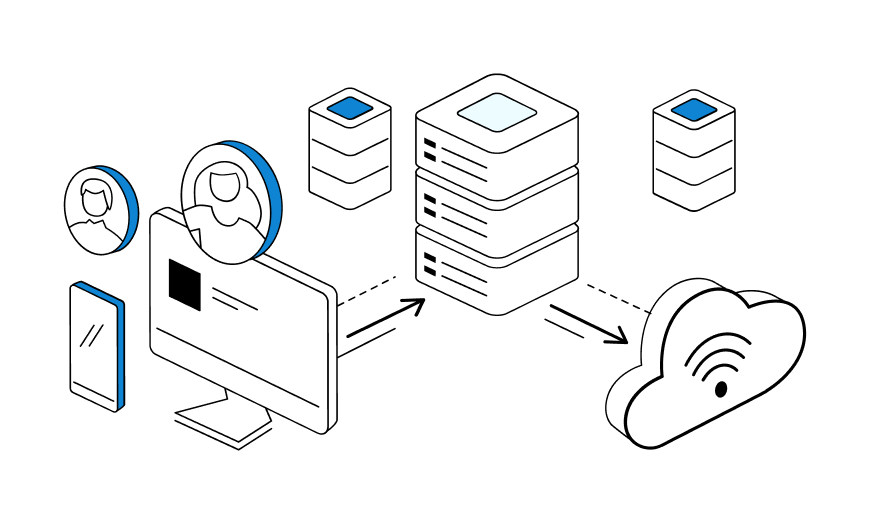

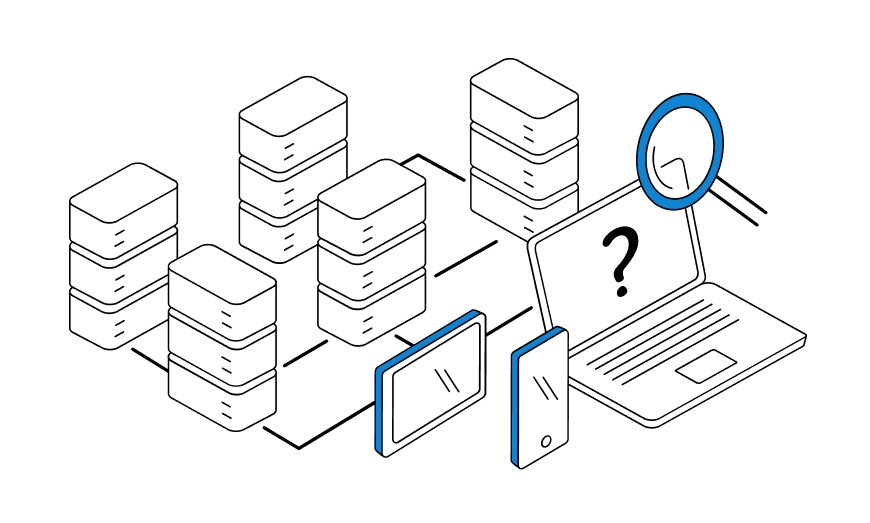
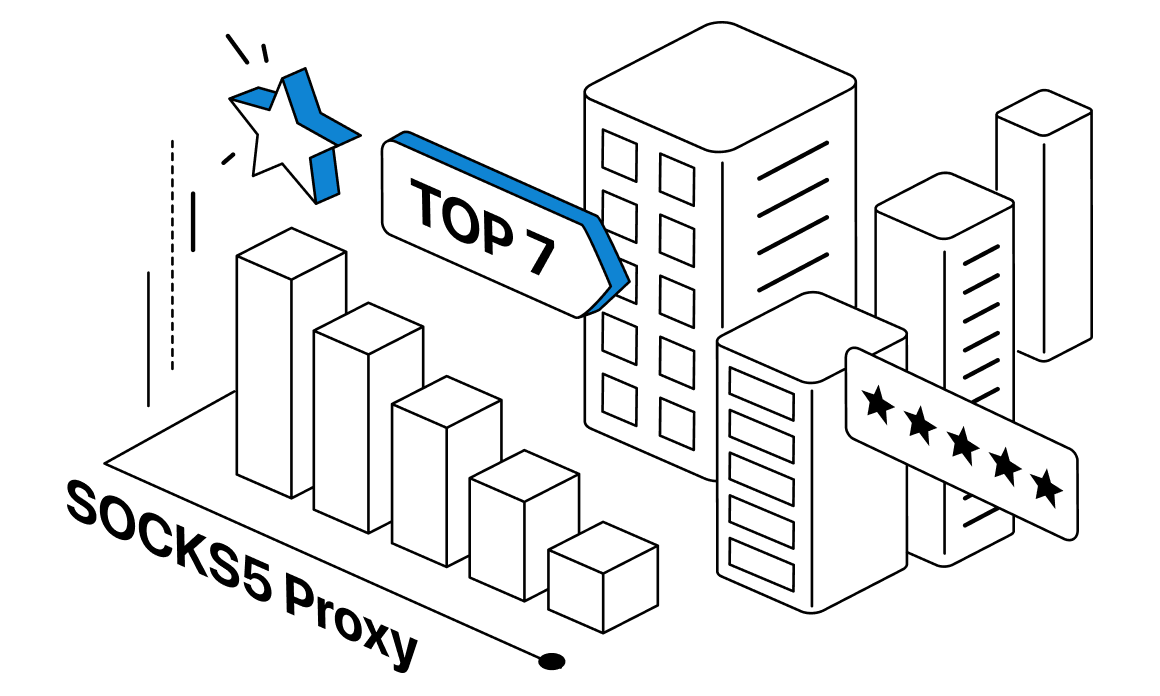
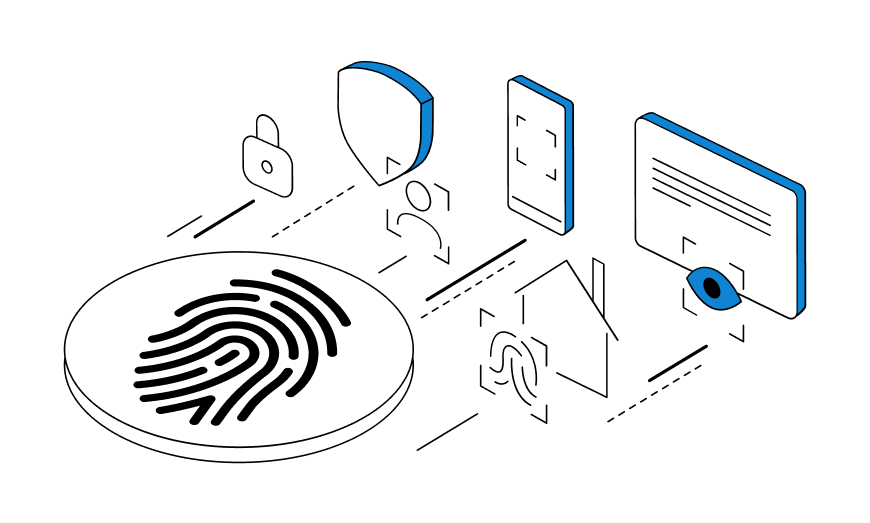
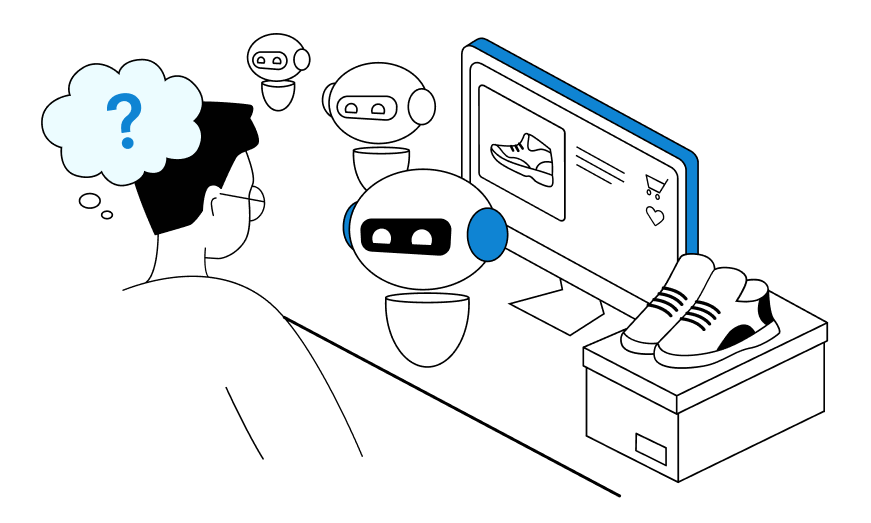
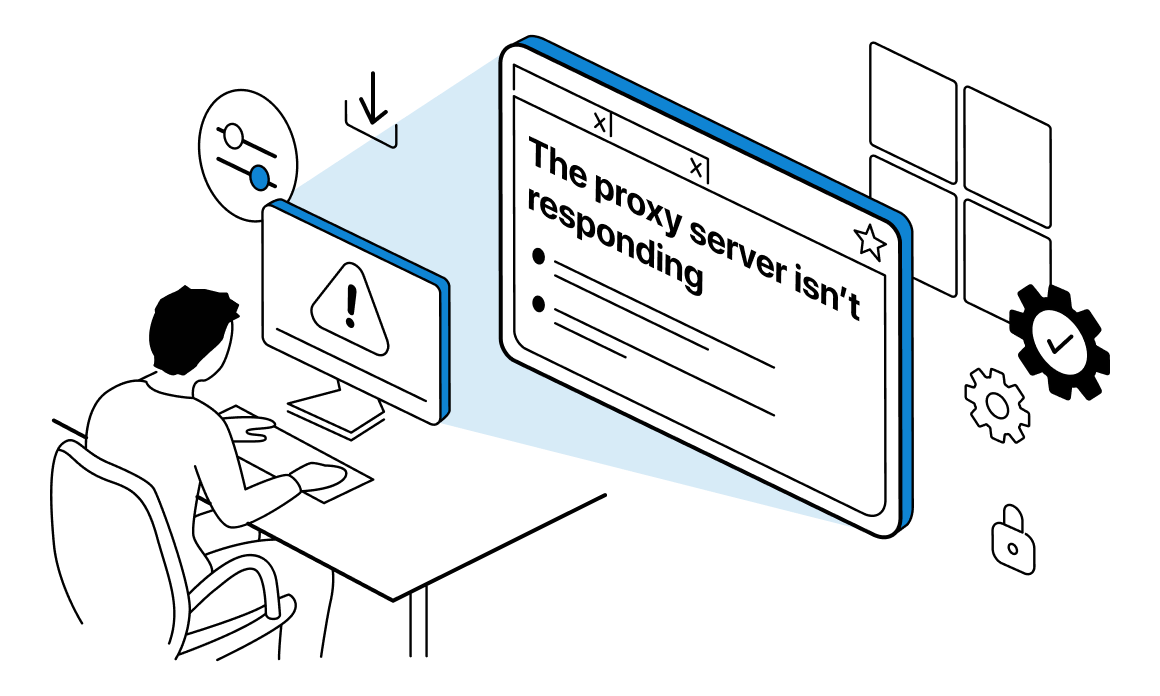
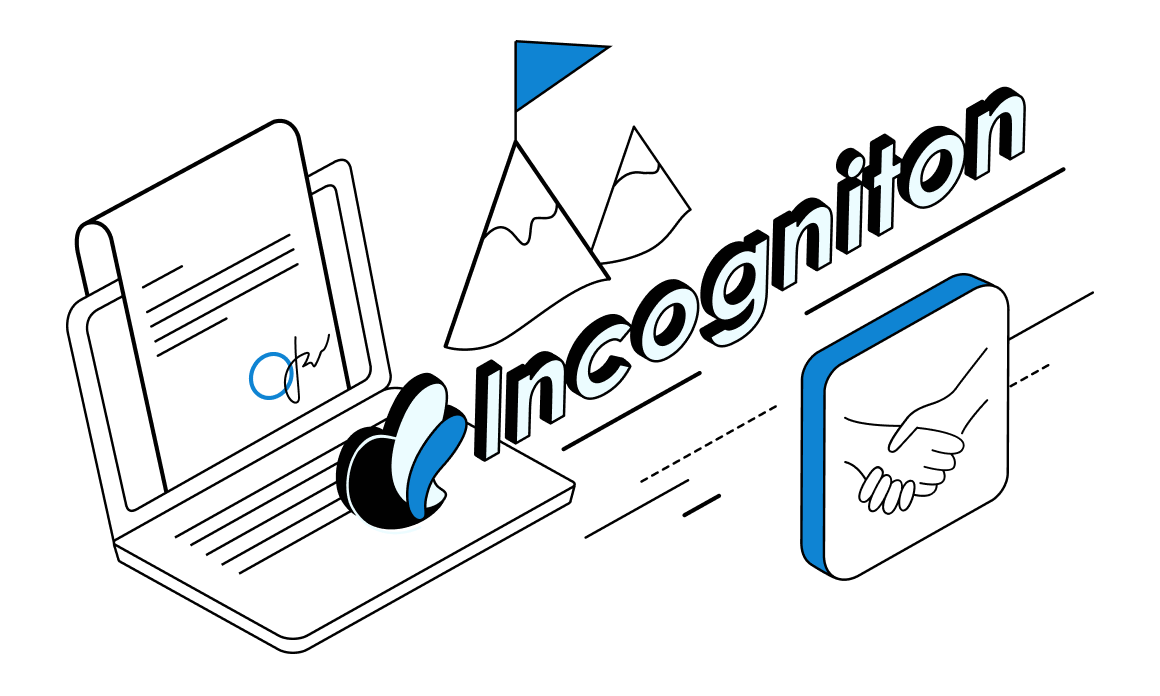
This technology will help you access blocked resources and ensure your anonymity on the Web.